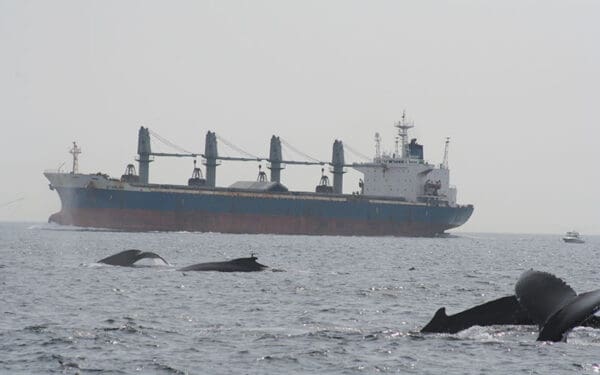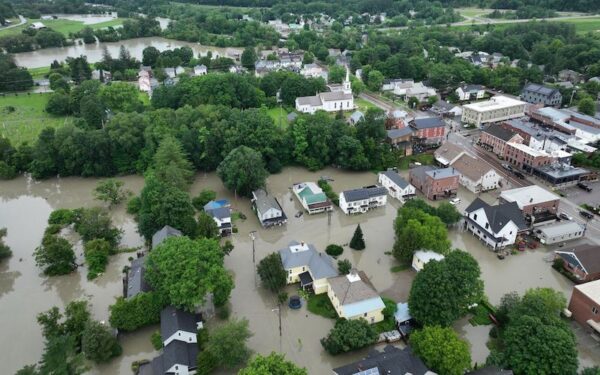What Is Greenwashing?
Some of the world’s biggest polluters want us to believe they’re going green – but they’re really just hiding “business as usual” behind slick words. Here’s how to spot greenwashing in action.

Some of the world’s biggest polluters want us to believe they’re going green – but they’re really just hiding “business as usual” behind slick words. Here’s how to spot greenwashing in action.

Offshore wind energy is critical to the future of Maine. It is a necessary step in growing our economy and a crucial piece of meeting our obligations to reduce our reliance on polluting fossil fuels.
NOAA must do more to protect this vital cradle of marine life

Big Gas and Oil and utility companies are urging us to use hydrogen like we do other fossil fuels – which will damage the climate and our health

Clean energy can help us slash the carbon pollution driving heat waves, storms, and floods.

CLF’s top dog calls for action on toxic pollution that can kill dogs and sicken people

Maine’s proposed rule to spur electric vehicle purchases should go farther

Hosting a waste-free gathering doesn’t have to be difficult. Here are a few tried-and-true tips to reduce food waste on your next summer cookout – and during your holiday feasts, too.

Here are six ways that urban forestry can help our communities if we choose to invest in it.

While Big Gas is still trying to peddle its climate-damaging products, regional officials seem poised to recognize the power of solar and wind energy.
